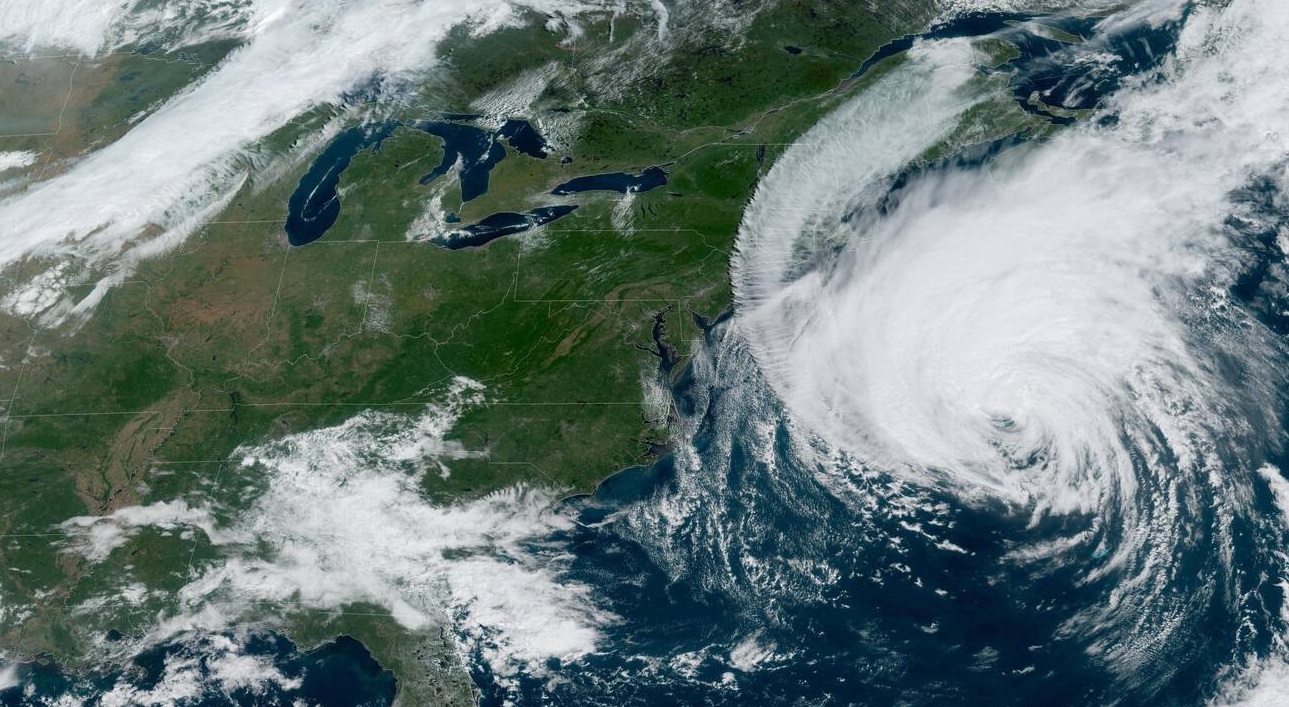The IRS on Monday announced that all individuals and business owners in Maine and Massachusetts now have until Feb. 15, 2024, to file their tax returns and make tax payments because of Hurricane Lee’s impact.
The IRS is offering tax relief to any area designated by the Federal Emergency Management Agency (FEMA), and all 16 counties in Maine and all 14 counties in Massachusetts qualify. Individuals and households that reside or have a business in these counties are eligible for the extended tax-filing deadline.
The Feb. 15, 2024, deadline will now apply to:
- Individuals who had a valid extension to file their 2022 return due to run out on Oct. 16, 2023. The IRS noted, however, that because tax payments related to these 2022 returns were due on April 18, 2023, those payments are not eligible for this relief. So, this is more time to file, not to pay.
- Quarterly estimated income tax payments normally due on Sept. 15, 2023, and Jan. 16, 2024.
- Quarterly payroll and excise tax returns normally due on Oct. 31, 2023, and Jan. 31, 2024.
- Calendar-year partnerships and S corporations whose 2022 extensions run out on Sept. 15, 2023.
- Calendar-year corporations whose 2022 extensions run out on Oct. 16, 2023.
- Calendar-year tax-exempt organizations whose extensions run out on Nov. 15, 2023.
In addition, penalties for the failure to make payroll and excise tax deposits due on or after Sept. 15, 2023, and before Oct. 2, 2023, will be abated as long as the deposits are made by Oct. 2, 2023, according to the IRS.
The IRS disaster assistance and emergency relief page has details on other returns, payments and tax-related actions qualifying for relief during the postponement period.
The IRS automatically provides filing and penalty relief to any taxpayer with an address of record in the disaster area. These taxpayers do not need to contact the agency to get this relief.
It is possible an affected taxpayer may not have an IRS address of record located in the disaster area; for example, they moved to the disaster area after filing their return. If the taxpayer receives a late-filing or late-payment penalty notice for the postponement period, the IRS said they should call the number on the notice to have the penalty abated.
The IRS will work with any taxpayer who lives outside the disaster area but whose records necessary to meet a deadline occurring during the postponement period are in the affected area. Taxpayers qualifying for relief who live outside the disaster area should contact the IRS at (866) 562-5227, including workers assisting the relief activities who are affiliated with a recognized government or philanthropic organization.
Individuals and businesses in a federally declared disaster area who suffered uninsured or unreimbursed disaster-related losses can choose to claim them on either the return for the year the loss occurred (2023 return) or the return for the prior year (2022 return), the IRS said. Taxpayers have up to six months after the due date of the taxpayer’s federal income tax return for the disaster year, without regard to any extension of time to file, to make the election. They should write the FEMA declaration number—3598-EM for Maine and 3599-EM for Massachusetts—on any return claiming a loss.
Thanks for reading CPA Practice Advisor!
Subscribe Already registered? Log In
Need more information? Read the FAQs
Tags: Income Taxes, IRS, State and Local Taxes, Taxes




